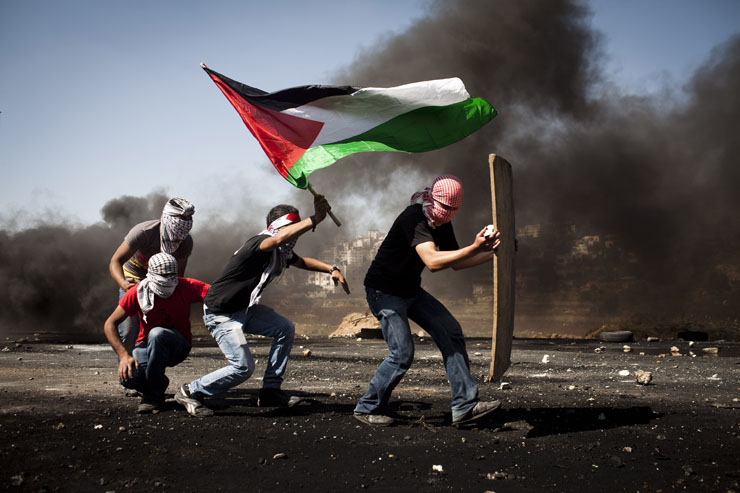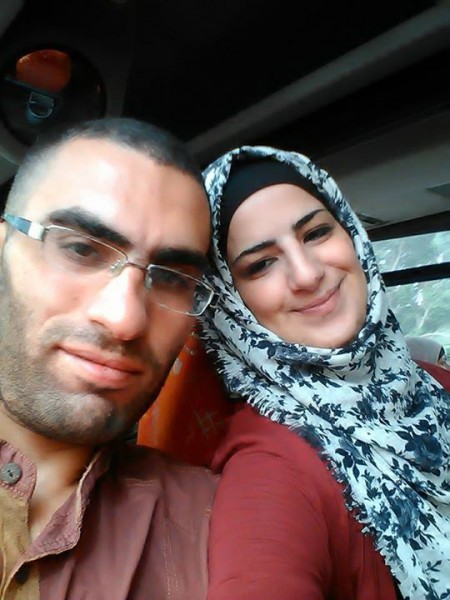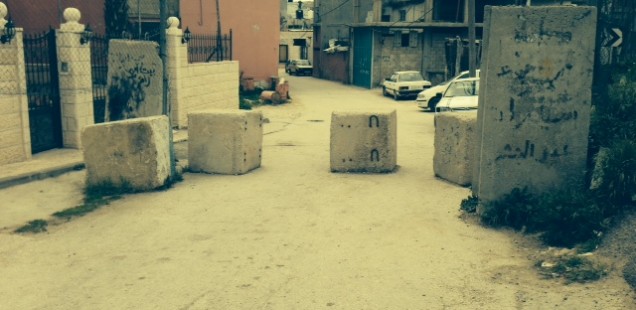Tag: Prison
-
New stun grenades used at Ofer military prison demonstration
26th March 2016 | International Solidarity Movement, al-Khalil team | Ofer, occupied West Bank On 25th March 2016, Israeli forces at Ofer military prison injured 8 Palestinians with various kinds of weapons, and later on attacked the nearby village of Beitunia, injuring even more. A demonstration against the Israeli military occupation and for the freedom…
-
Free Mahmoud Abujoad!
29th November 2015 | International Solidarity Movement, Nablus team | Huwwara, occupied Palestine UPDATED: 05.01.2016 Congratulations! With 420 US dollars collected we have now reached a third of the amount needed to cover the costs of the lawyer, who is representing Mahmoud in the Israeli court. However, we still have to collect 867 US dollars.…
-
Stories from Al Arroub refugee camp
28th March 2015 | International Women’s Peace Service | Al Arroub refugee camp, Occupied Palestine Situated along the main Hebron-Jerusalem road, across the street from a University, sits the heavily fenced and concrete blockaded main entrance to Al Arroub Palestinian refugee camp. Taysir, a 39 year old former prisoner of the Israeli government and resident of the camp,…



